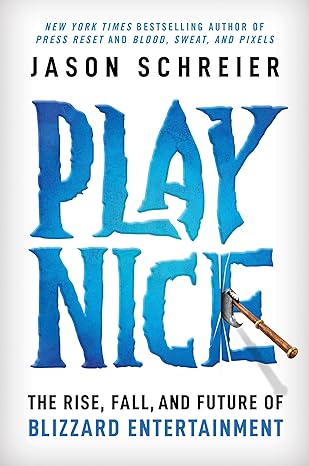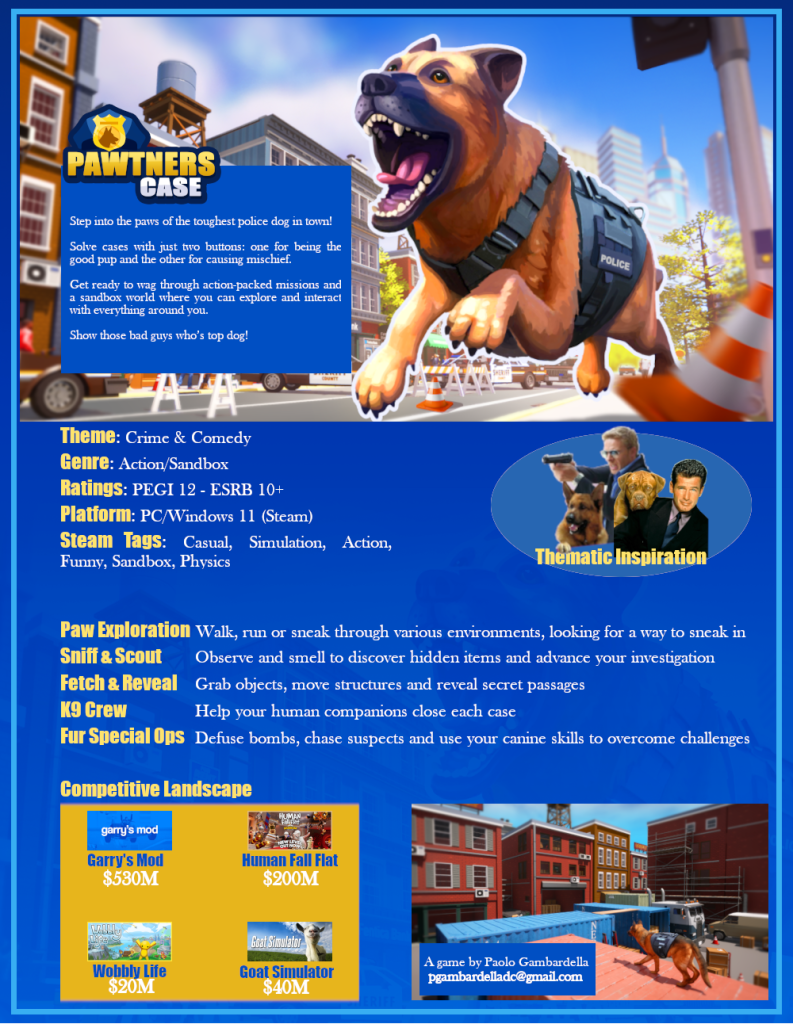Yesterday in a post I shared a GDD of a personal project. I found the right collaborators for my case, I thank all the people who helped me.
I edited the message and removed the link, it is no longer necessary to share. You can write to me privately if you are interested, no problem.
I work in this sector with great passion. But one should not confuse passion with professionalism. I love my job, but it is still work, the way I support my life.
I say this because some people wrote me quick messages like “Hi, I use Unreal Engine, I would like to help you with the game. I’ll do it for free.”
I respect everyone’s will to make it out there, but I would never dream of putting someone to work for free on a commercial project.
- You didn’t tell me who you are and what you do and what you have done
- You didn’t ask me for details about the project
- You offered to collaborate for free, giving me a “cheap” image of you.
This is one of the problems of our sector, and if we want to improve it we have to do it “from the bottom”. That’s why I see smart people accepting “technical assessments” that are nothing more than unpaid jobs, in the hope of a position. Then we end up working for companies that don’t respect our work, on projects that don’t go anywhere.
Let’s be serious! I have experienced first-hand the frustration of not having a job and not seeing opportunities. I also cyclically find myself having to review my strategy. But we must never lose sight of the great creative capacity that we all have.
It’s better to work on your shitty project than to work for free for anyone.
It’s better to send a message of “Look what I did, can you give me your opinion?” rather than “I’m looking for a job, help me”.
It’s better to focus on improving your knowledge than showing unfinished projects to others.
I’m the first to not follow this advice. Human consciousness works unpredictably. But it’s still important to share them. I am not a master here, I am just a voice.

